20+ Years Experience
Specialist Business Insolvency Company

Get in Touch Today to Speak to a Specialist Adviser
A Company Voluntary Arrangement (CVA) is procedure companies use to restructure their debt and reach a compromise with their creditors.
The process involves proposing to creditors to repay debt while the company continues to trade.
A moratorium is a temporary suspension of a creditor’s actions against a company.
In the context of a CVA, it can give the company breathing space while a proposal is being put together.
In this article, we will discuss the use of CVAs with and without a moratorium and provide insights into the circumstances under which they can be useful.
If your company has been served with a winding up petition and a hearing is imminent, you may need breathing space to consider your options.
This is where a CVA with a moratorium can help. By filing a CVA proposal, you can obtain a freeze on creditors’ actions, which will result in the winding-up hearing being postponed.
The Creditors Meeting to consider the CVA proposal will then take place instead, allowing creditors to decide whether they prefer the directors’ proposal over a winding up order.
In addition, you may want to consider a CVA with a moratorium if your bank has threatened receivership, a sheriff or bailiff is pursuing distraint, a finance company is seeking repossession of its goods, or a landlord has threatened distraint.
The Insolvency Act 2000 introduced a provision for small companies in financial difficulty (less than £5.7m turnover, for example) to make voluntary arrangements with their creditors by providing the option of a moratorium to give the firm’s management time to put a rescue plan to the company’s creditors.
To obtain a moratorium, directors must file certain documents in court, including the proposal for the voluntary arrangement, a statement of the company’s affairs, and a statement that the company is eligible for a moratorium.
The nominee must state that the proposed voluntary arrangement has a reasonable prospect of being approved and implemented and that the company will likely have sufficient funds available during the proposed moratorium period to enable it to continue its business.
The nominee will summon meetings of members and creditors to consider the proposals. However, few moratoria have been applied due to the risk involved and the lack of information available to the nominee.
The Business Insolvency Company specialises in working with debtor companies and their creditors to organise a de facto moratorium, which buys time so the proposals can be put together in detail.
During the production period, the company can continue to trade and buy goods and services, and BIC can negotiate pro forma terms to help the client.
Over a period of weeks, creditors supply on nil risk terms (cash upfront), which allows them to keep cash flow going and demonstrate that the company is viable if the proposal is approved.
This pre-CVA trust building is important and shows that the directors are trying to maximise creditors’ interests, which is a legal requirement.
After 3-5 weeks, the proposal is filed at court, and trade creditors generally support it because they want to recover debts and keep the customer trading with them on nil-risk terms.
In 1995, case law was reported that provides a very powerful argument. Re Dollar Land (Feltham) & Ors [1995] BCC 740 reported that the court decided that a winding-up order should be rescinded if there was a real prospect that the company’s creditors would approve the proposals.
In other words, let the majority decide. Business Insolvency Company uses this argument to stop petitions from being issued in the first place, saving the creditor money for costs and fees and removing the risk of the petition against the client.
If a petition is already issued, BIC talks to the plaintiff to get them to stop their actions or to prevent the advertisement of the petition.
Most HMRC petitions are stopped or adjourned in this way so that the proposal production can continue. Suppose the petitioner will not withdraw or threatens the advertisement.
In that case, the company could apply to Court to request a hearing adjournment and seek a Validation order from the Court saying that the hearing is adjourned and the company can progress the proposal to filing and creditors meeting.
Using careful discussions and complete honesty with creditors, powerful case law, and common sense, The Business Insolvency Company believes it can affect a de facto moratorium that works in virtually every case.
Business Insolvency Company are licensed professionals who provide advice to companies that are facing financial difficulties.
As licensed insolvency practitioners, we act as administrators or liquidators in formal insolvency processes.
A licensed insolvency practitioner (IP) is an insolvency practitioner who has been authorised and regulated by one of the recognised professional bodies.
The UK’s Insolvency and Governance Act of 2020 introduced a new temporary moratorium period for companies facing financial distress, which can provide them with up to 20 business days of breathing space. During this time, creditors are prevented from taking any legal action against the company, which can provide valuable time for the company to consider its options.
One of the options available to a company during a moratorium period is to propose a Company Voluntary Arrangement (CVA) to its creditors.
The CVA proposal is usually prepared by an insolvency practitioner appointed by the company’s directors to oversee the process.
The proposal will outline how the company intends to repay its debts and will require approval from at least 75% of its creditors, by the value of debt, for it to be implemented.
A CVA can provide the company with some breathing space to restructure and turn its finances around and can be a viable alternative to more severe measures such as liquidation or administration. Introducing the moratorium period gives companies a new tool to help them manage their financial difficulties and provides more flexibility and options for those facing financial distress.
Here are some other informative articles about business debt in the UK:

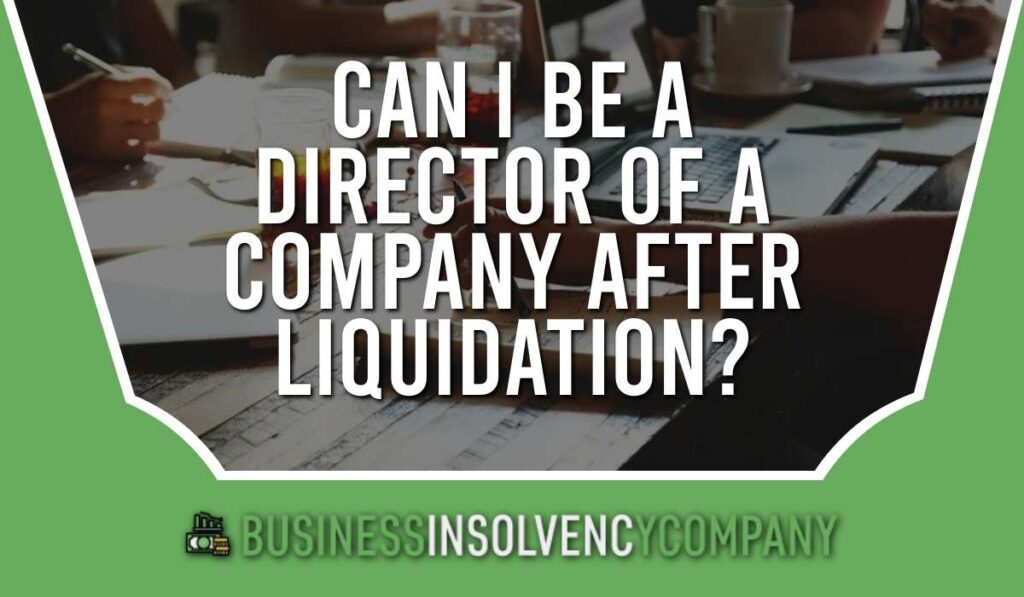


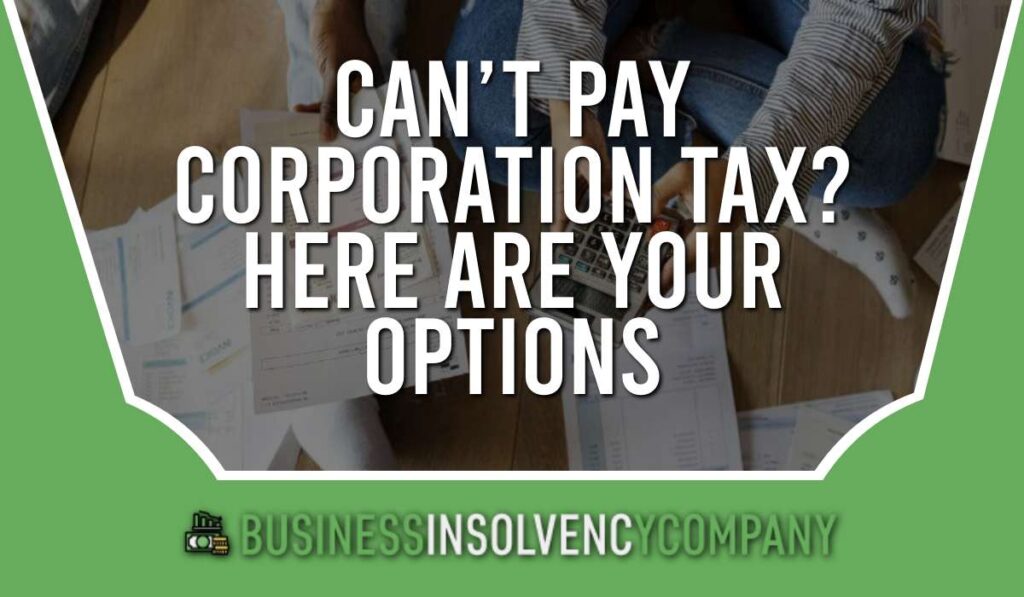

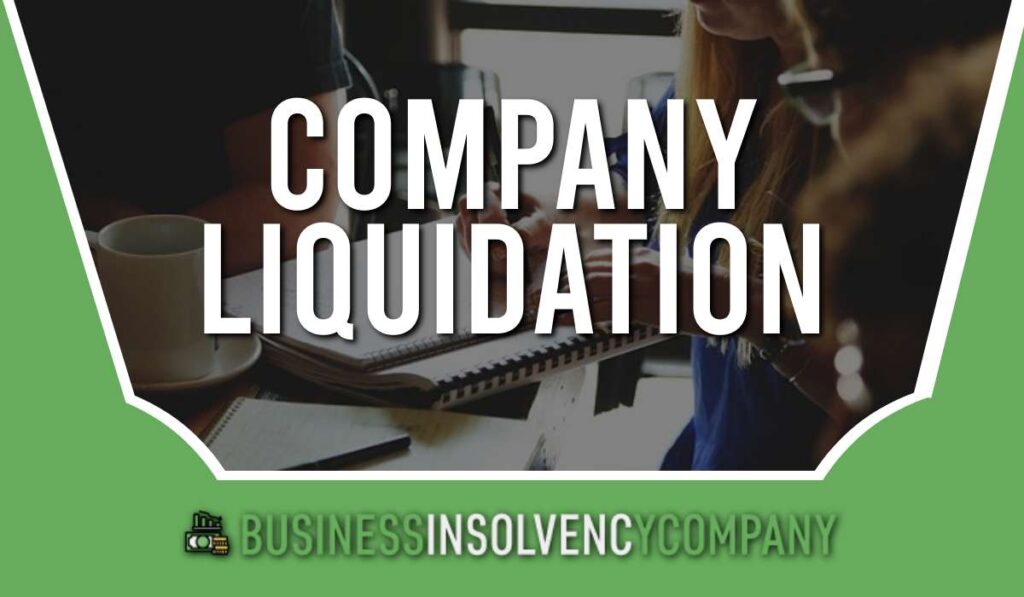
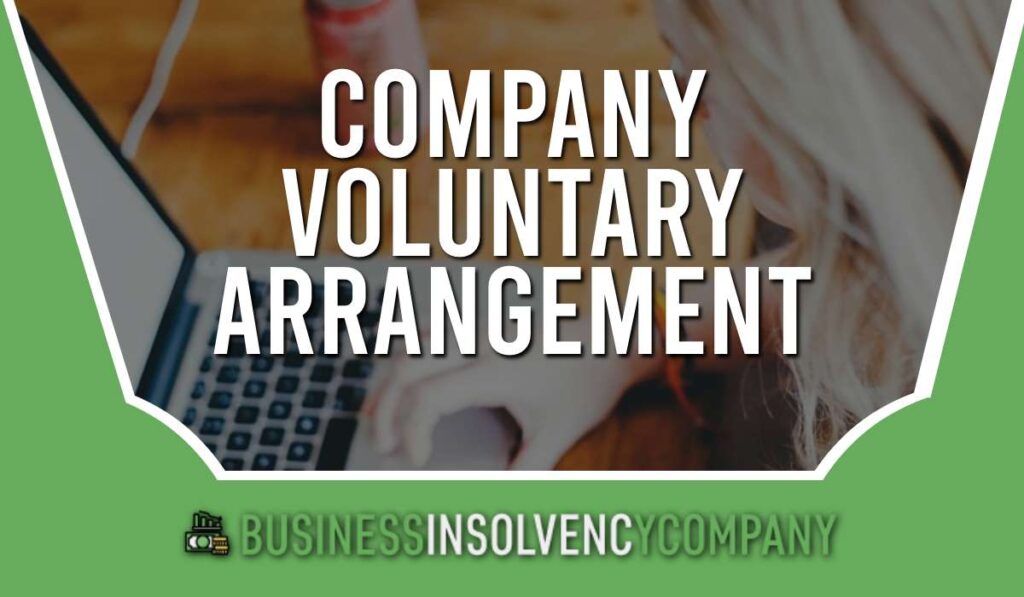

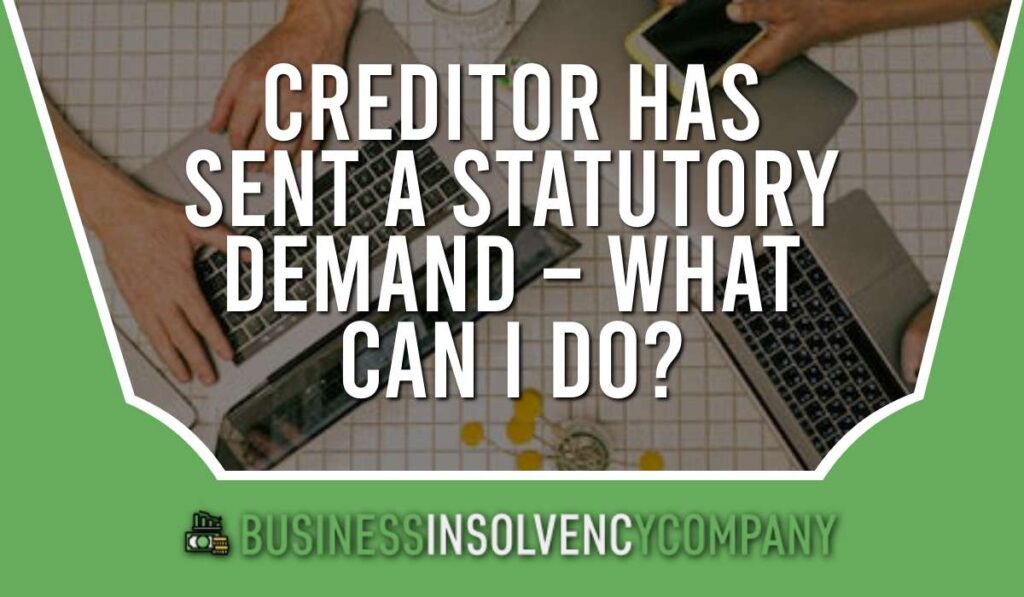
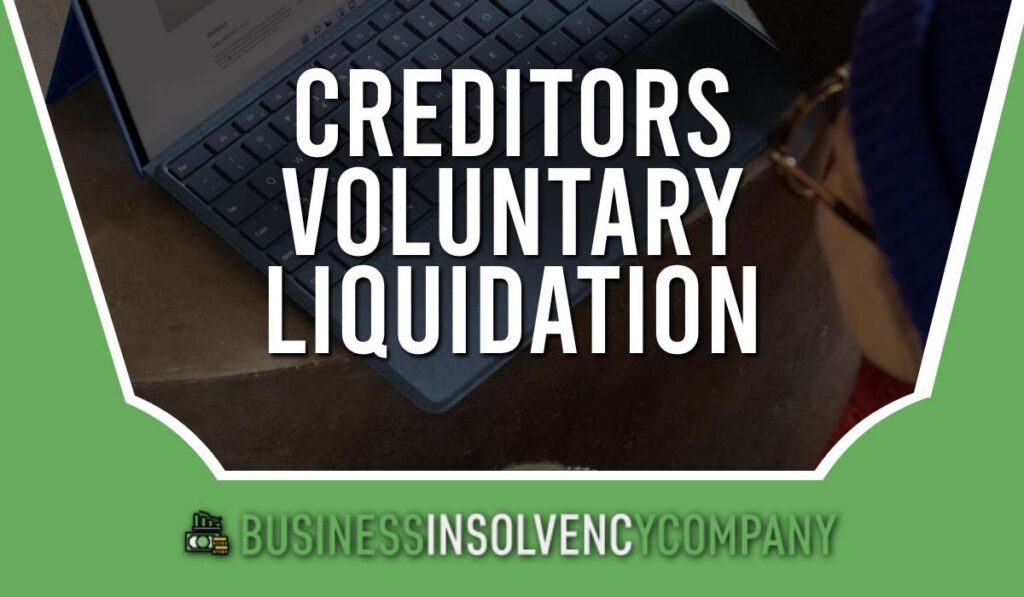
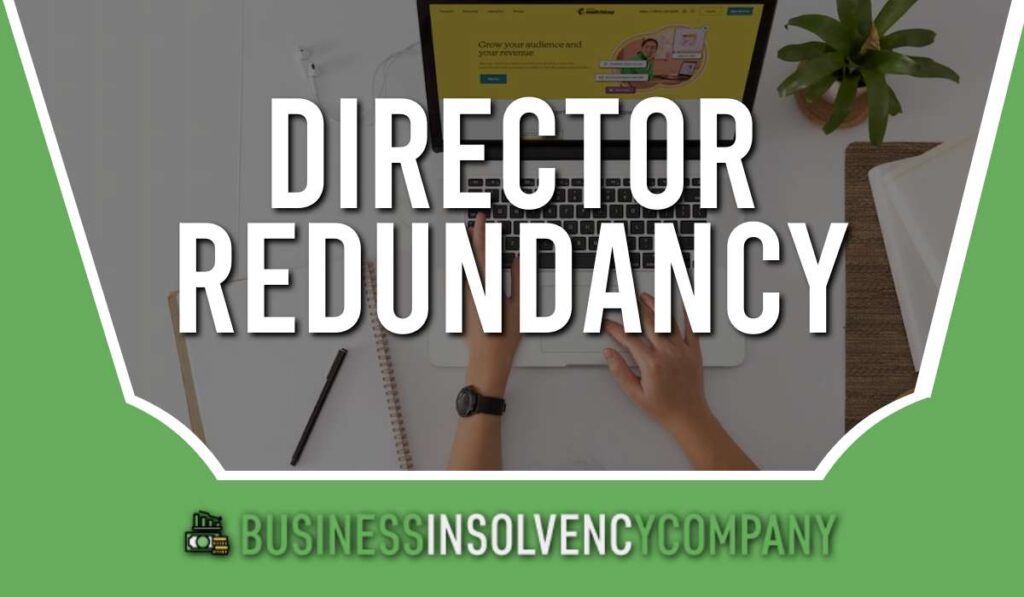
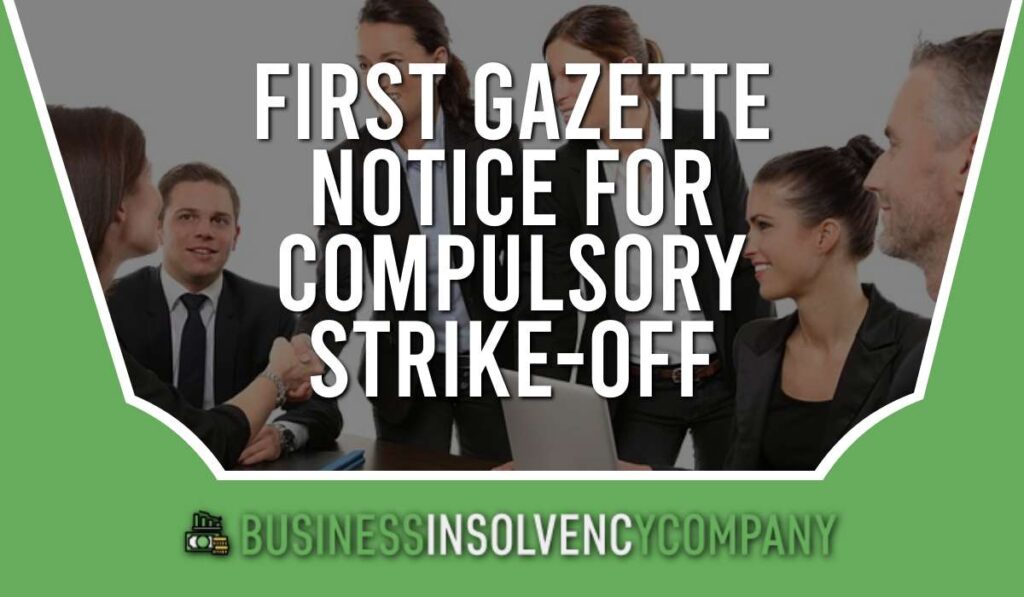
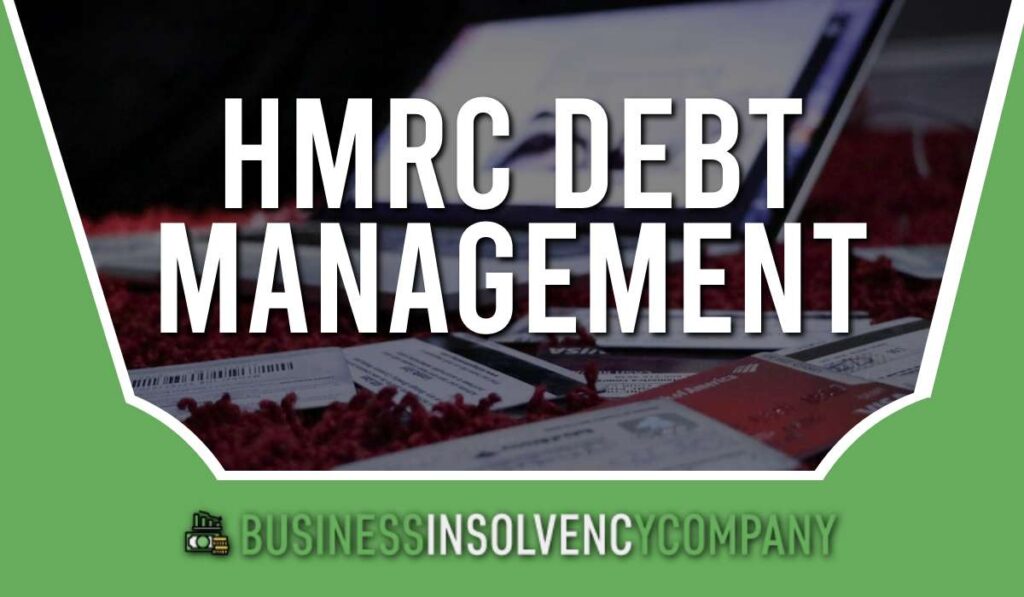

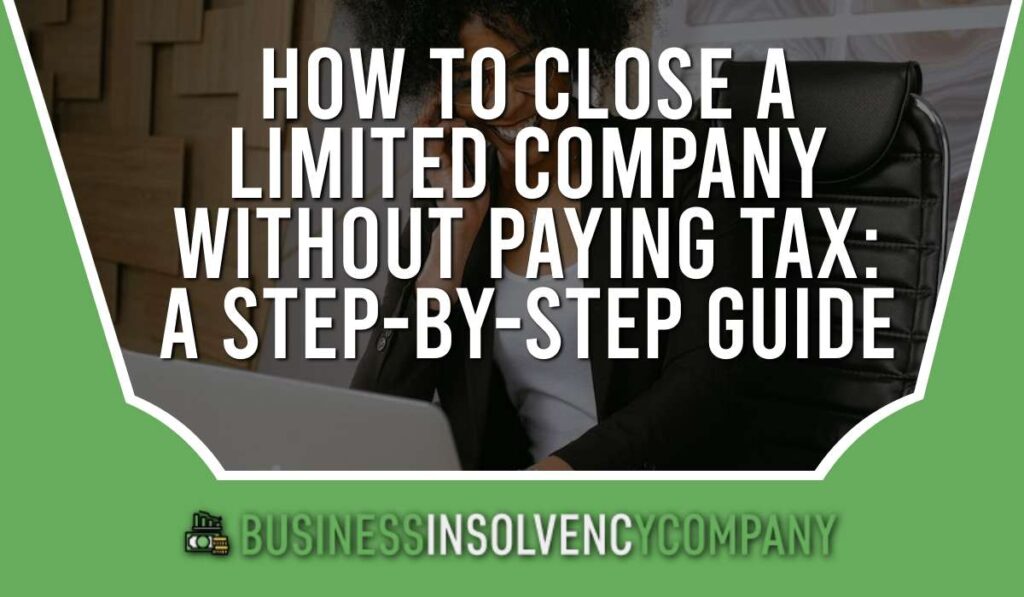
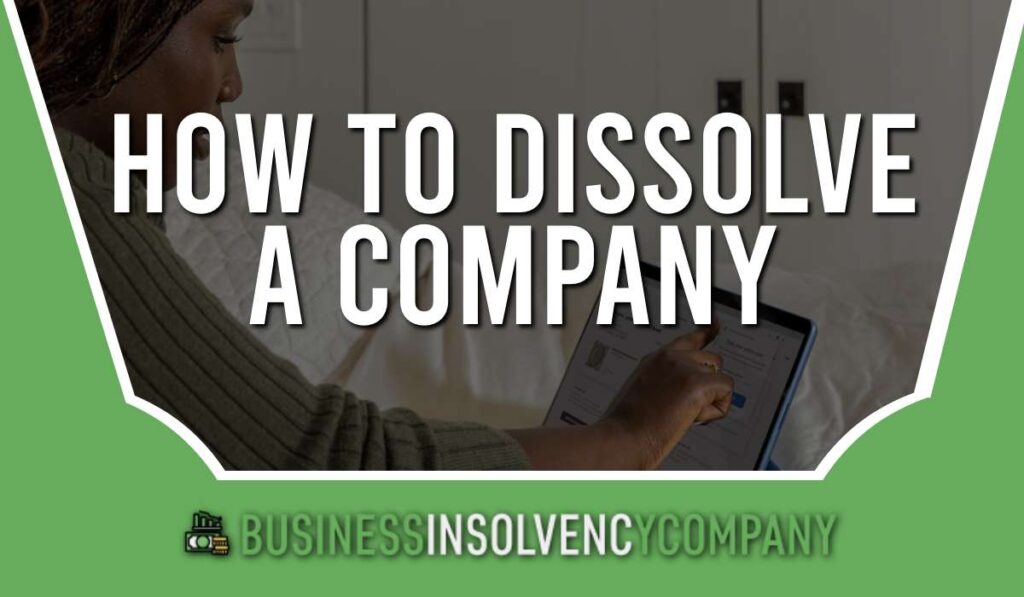



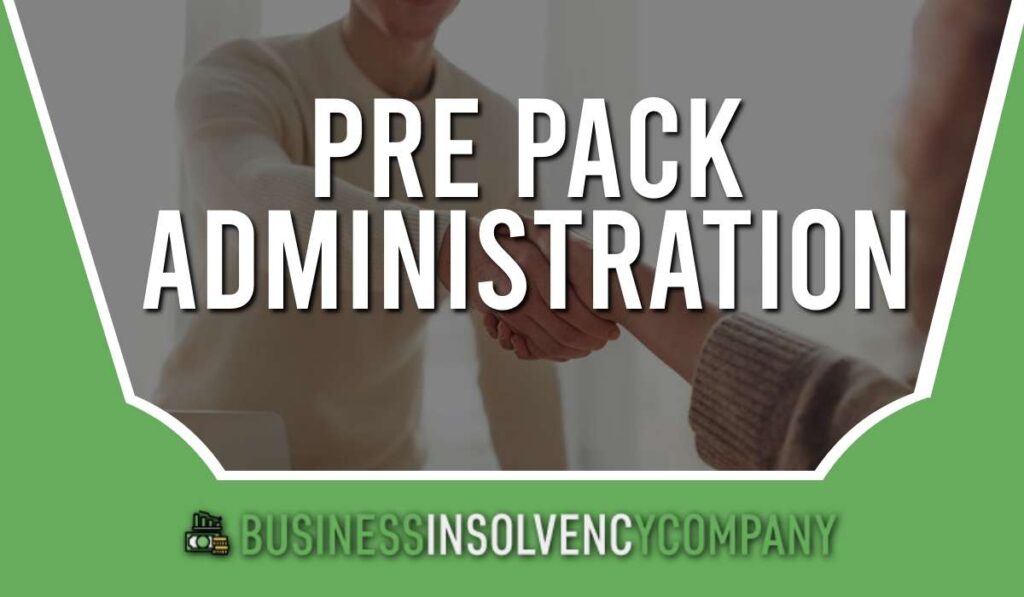





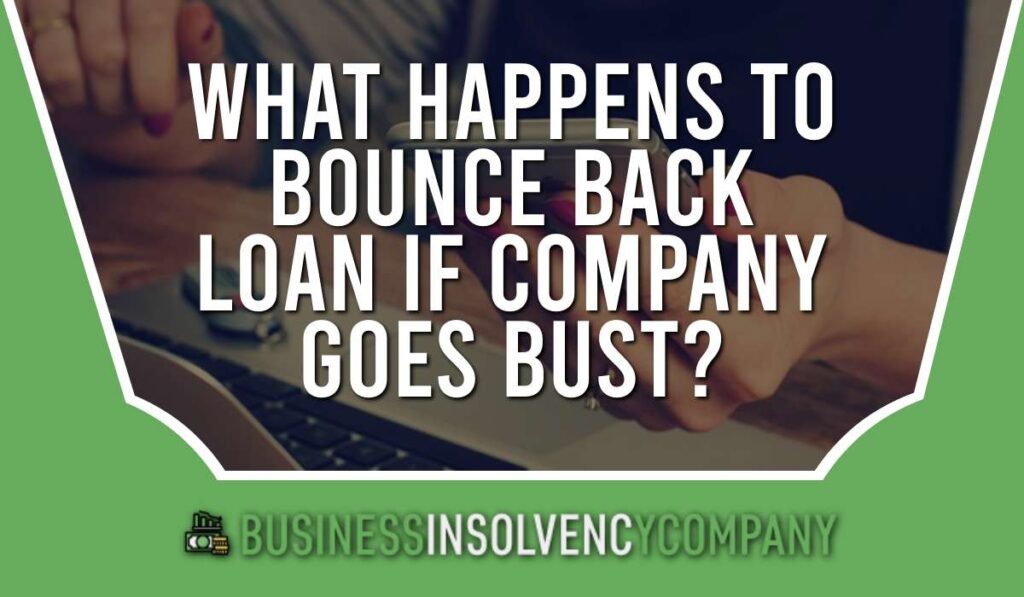
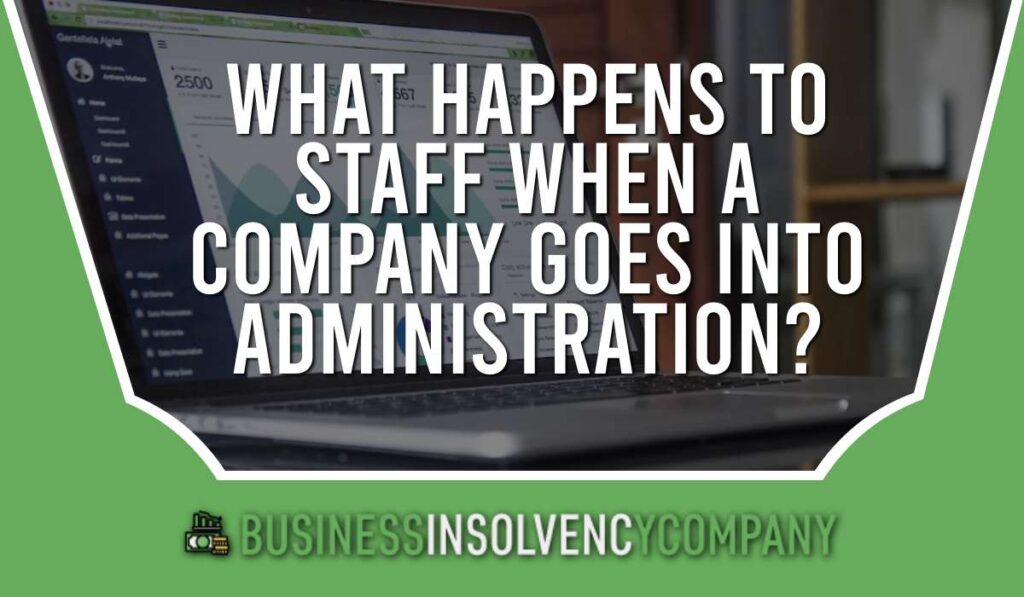

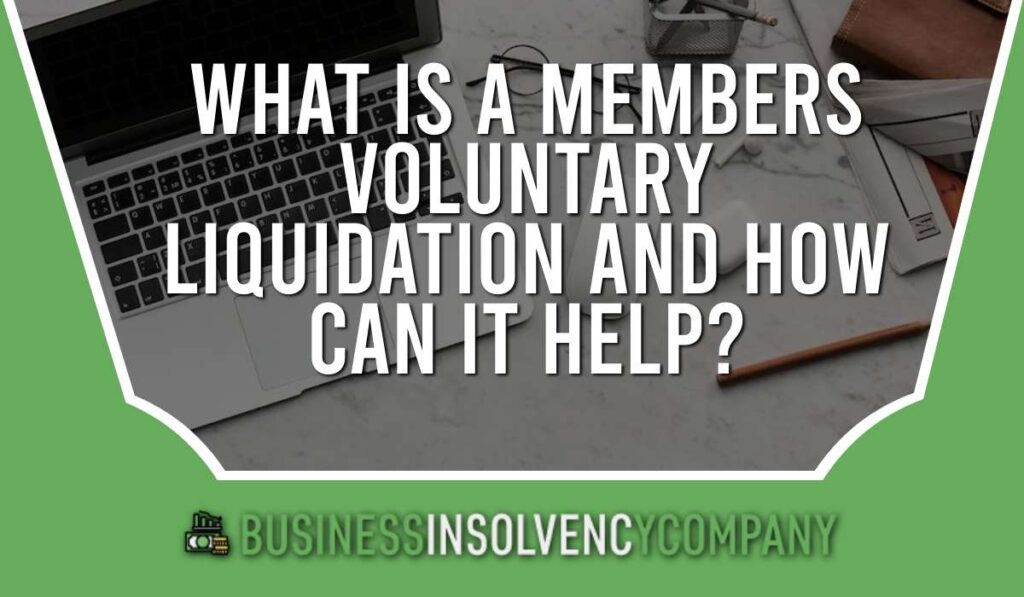



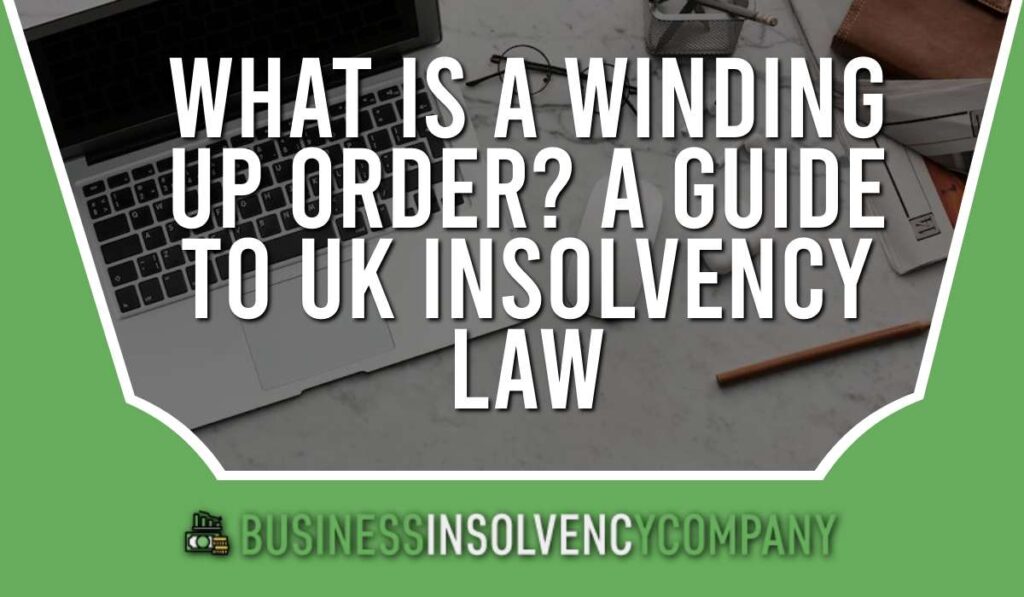




We Aim To Reply To All Enquiries With-in 24-Hours